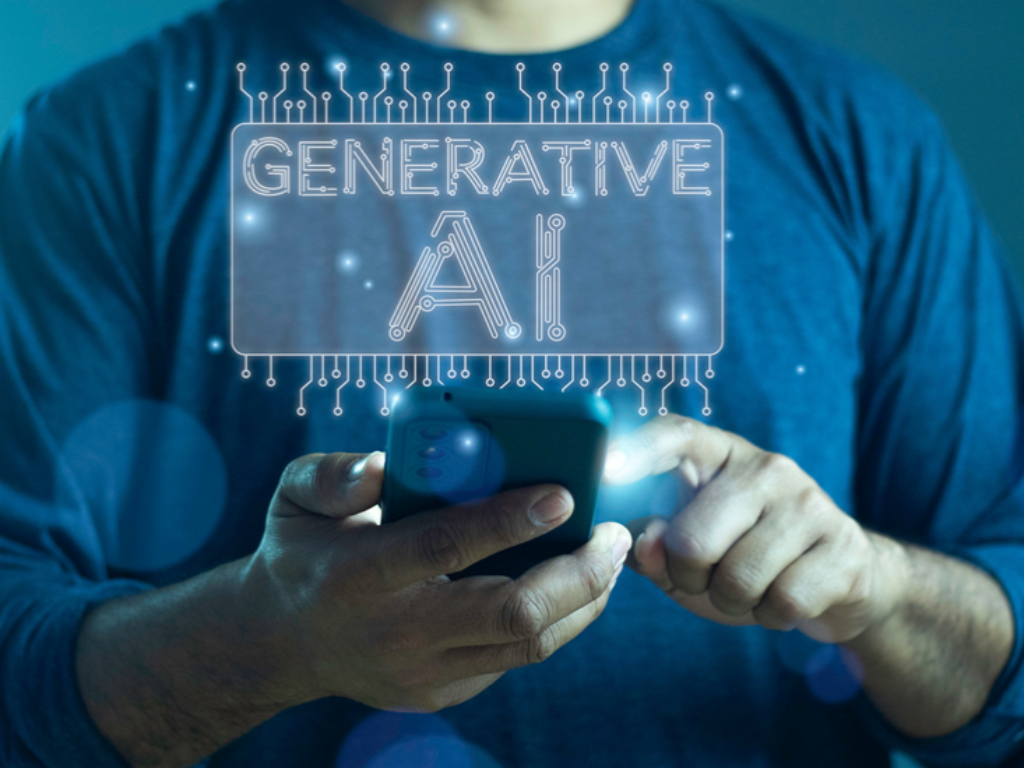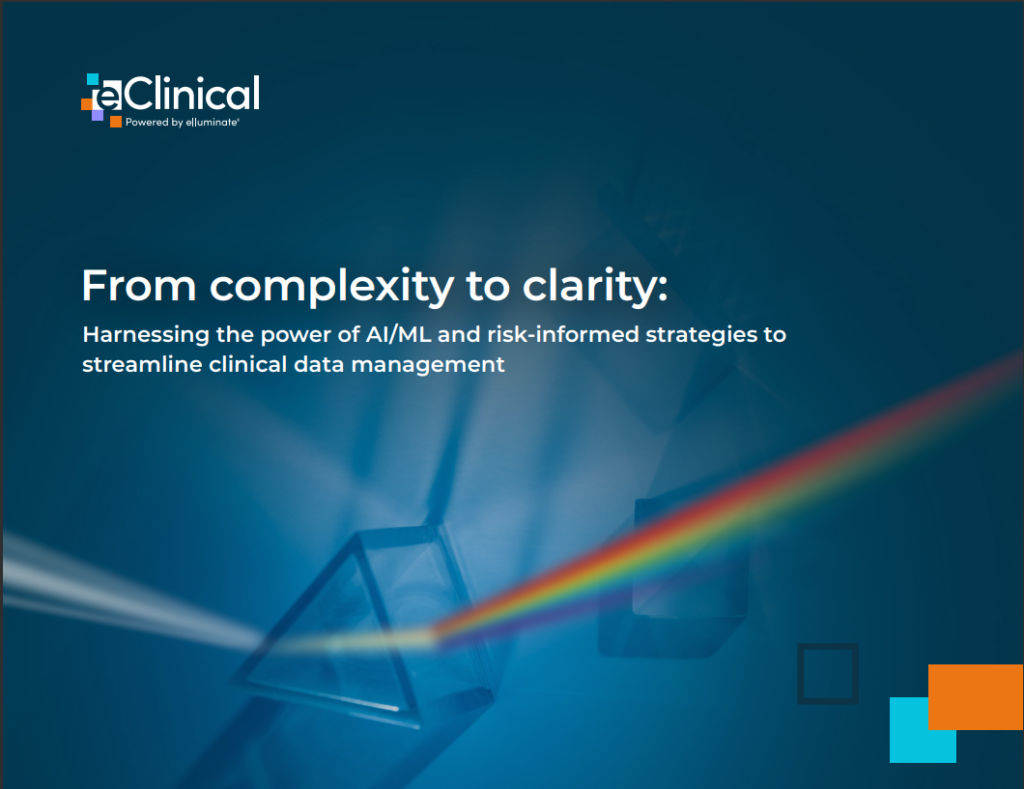In this contributed article, freelance writer Ellie Gabel discusses how the power grid is aging and can no longer keep up with consumers’ needs. Without adequate intervention, blackouts will soon become a regular occurrence. Could artificial intelligence be the key to fixing the country’s supply and demand woes?
Transforming AI’s Memory Constraints: The Evolution with CXL Technology
In this contributed article, Jianping (JP) Jiang, VP of Business, Operation and Product at Xconn Technologies, discusses how the integration of CXL technology is a pivotal moment in overcoming the memory barriers faced by AI and HPC applications. By significantly enhancing memory bandwidth, capacity, and interoperability, CXL not only optimizes current workloads but also sets the stage for future advancements.
New Flexential Survey Unveils AI Infrastructure Challenges and Investment Priorities
Flexential, a leading provider of secure and flexible data center solutions, released its 2024 State of AI Infrastructure Report, a new survey on AI infrastructure investments and challenges. As organizations across nearly all industries plan ambitious roadmaps for AI adoption, Flexential’s report highlights crucial areas where IT leaders must evolve their current infrastructure to meet the growing demand of high-density AI workloads and latency-sensitive AI applications.
New Study Puts Claude3 and GPT-4 up Against a Medical Knowledge Pressure Test
Kahun, the evidence-based clinical AI engine for healthcare providers, shares the findings from a new study on the medical capabilities of readily-available large language models (LLMs). The study compared the medical accuracy of OpenAI’s GPT-4 and Anthropic’s Claude3-Opus to each other and human medical experts through questions based on objective medical knowledge drawn from Kahun’s Knowledge Graph.
Revolutionizing Manufacturing: The AI Impact
In this feature article, Daniel D. Gutierrez, insideAInews Editor-in-Chief & Resident Data Scientist, discusses how AI is revolutionizing the manufacturing industry. This revolution promises to enhance efficiency, reduce costs, and improve overall product quality. We explore the multifaceted impact of AI on manufacturing and how it is reshaping the industry’s landscape.
Cohesity Bolsters Cyber Resilience with GenAI Capabilities
Cohesity, a leader in AI-powered data security and management, today extended its first-mover advantage in GenAI detection and recovery capabilities with the addition of significant new enhancements to the Cohesity Data Cloud. These improvements allow customers to use Cohesity’s built-in AI capabilities to rapidly detect, investigate, and address potential threats within their environment, enabling them to restore operations far more quickly.
Unlocking AI’s Potential: How to Build High-quality Data Foundations
In this contributed article, Chris Round, Senior Product Manager at Lakeside Software, suggests that AI’s critical flaw is that it doesn’t know good data from bad – it just knows data. So your AI is only as good as its underlying foundations.
Couchbase Study: Financial Services Organizations Ramp Up for GenAI Despite Infrastructure Concerns
Couchbase’s recent survey of 500 global IT leaders uncovered that while financial services organizations will increase IT modernization investment by a third (33%) in 2024, they still feel unprepared for growing data demands.
Infographic: Data Never Sleeps: AI Edition
Our friends over at Domo (Nasdaq: DOMO) unveiled a special edition of its popular Data Never Sleeps (DNS) infographic, focused on the proliferation of artificial intelligence (AI). An extension of Domo’s award-winning annual DNS report, this AI Edition provides a deeper dive into the immense amount of AI data generated every minute and the impact this brings into our everyday lives.
New KNIME Release Helps Enterprises Scale GenAI While Reducing Risk
KNIME, one of the leading open-source data science and AI companies, is announcing a new release to help enterprises securely scale their use of GenAI. The new GenAI features allow organizations to access more AI models, govern which AI models are being used by their data science teams, and ensure no leakage of sensitive data.













